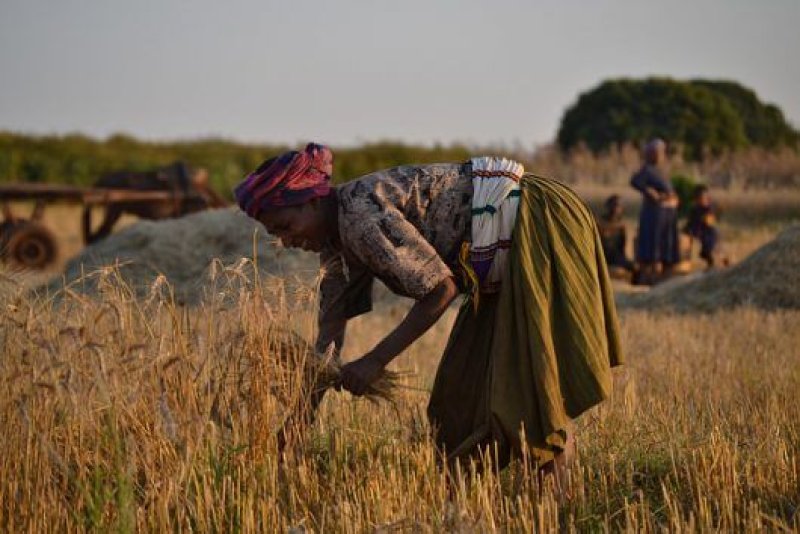Technology is needed now more than ever to deal with the Covid-19 fallout for the food system, which is still playing out and threatening vulnerable populations around the world. The agricultural sector will need to embrace innovative technologies to meet the growing global demand for food, which is expected to rise by 70% by 2050.
…
Crop genomics has helped us understand the DNA of plants to make them more resistant to pests and environmental factors like drought and heat waves. This technology is revolutionizing agriculture as we know it by speeding up breeding cycles, improving crop yields and reducing land use per pound of product produced.
More needs to be done to highlight and promote these latest technologies to farmers as most seem unaware or unable to take advantage of the scientific advances in their industry.
“Most farmers aren’t aware of the benefits of these types of technologies,” wrote Dmytro Lennyi, an agritech expert in an article for [AgFunderNews]. “The challenge for agritech companies is not only [the] improvement of existing solutions, but helping farmers learn how to use them,” he added.































